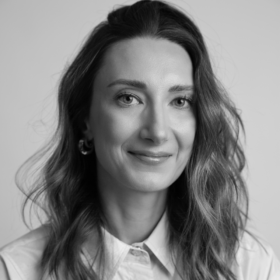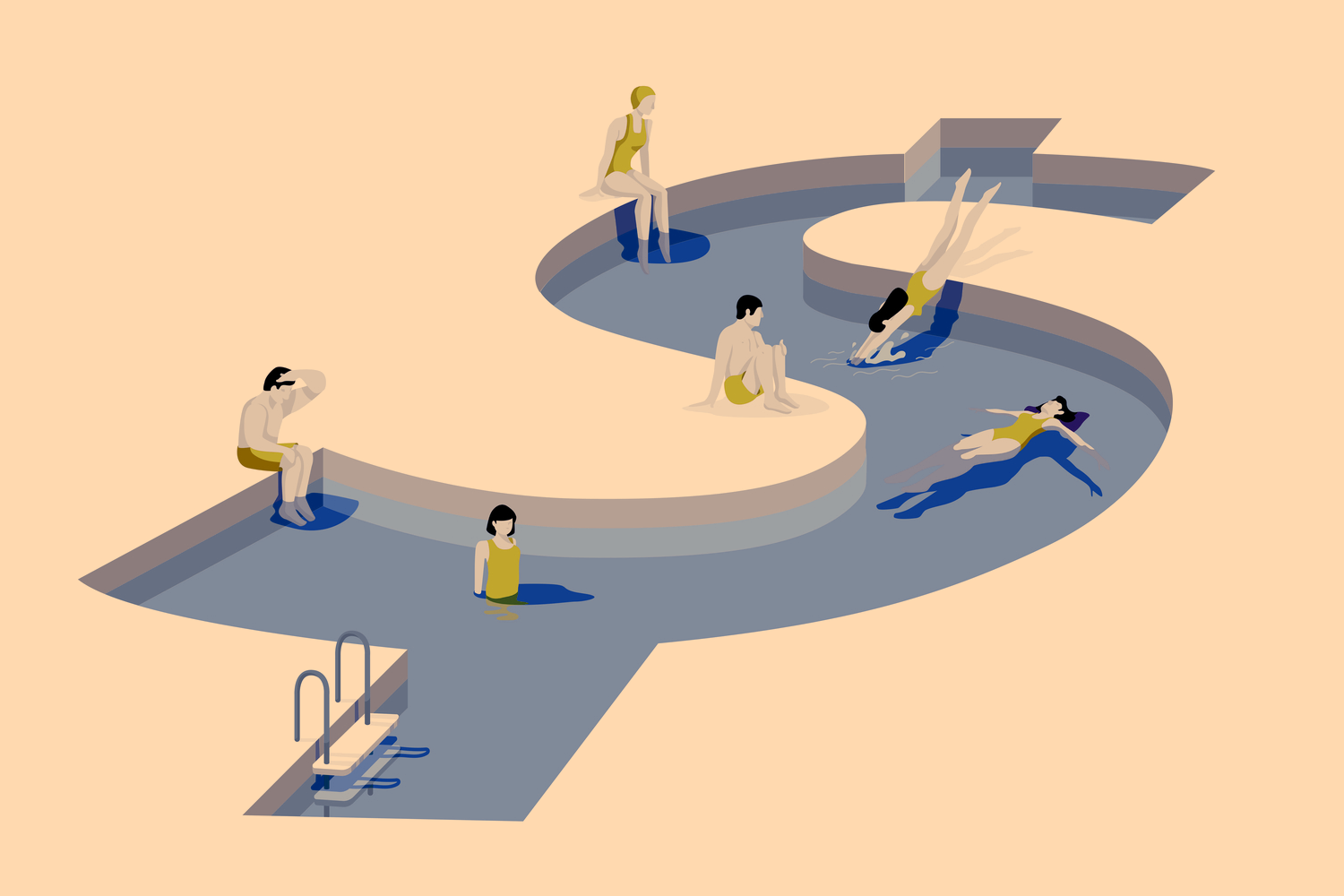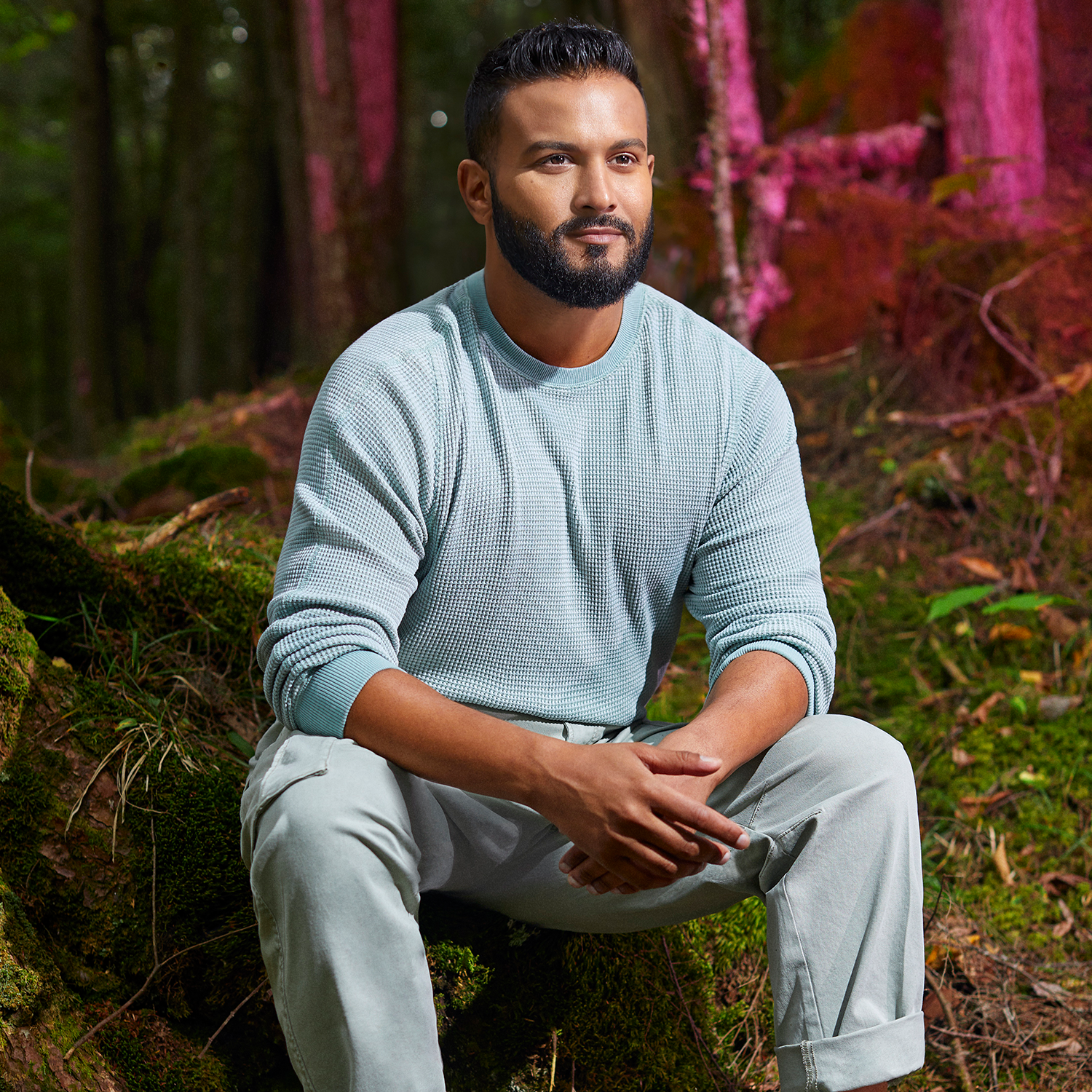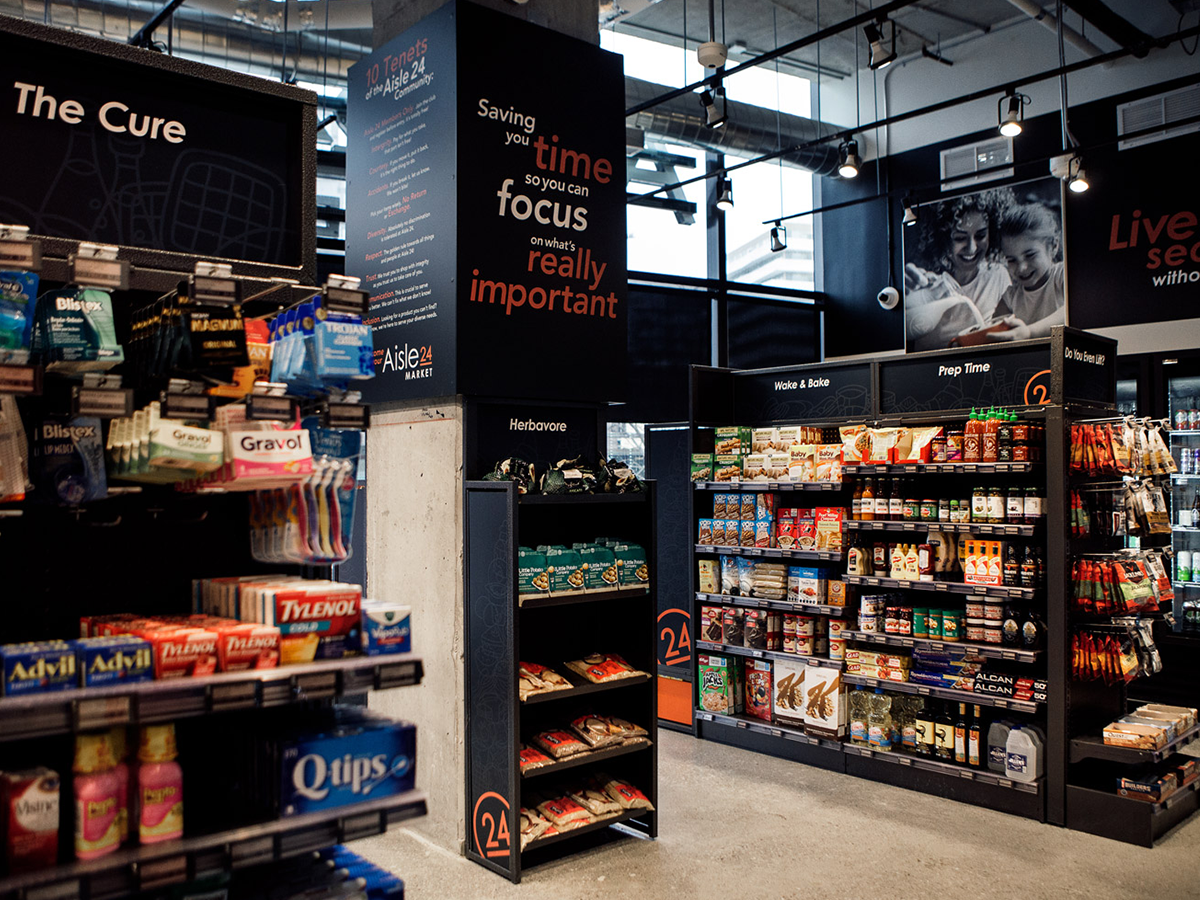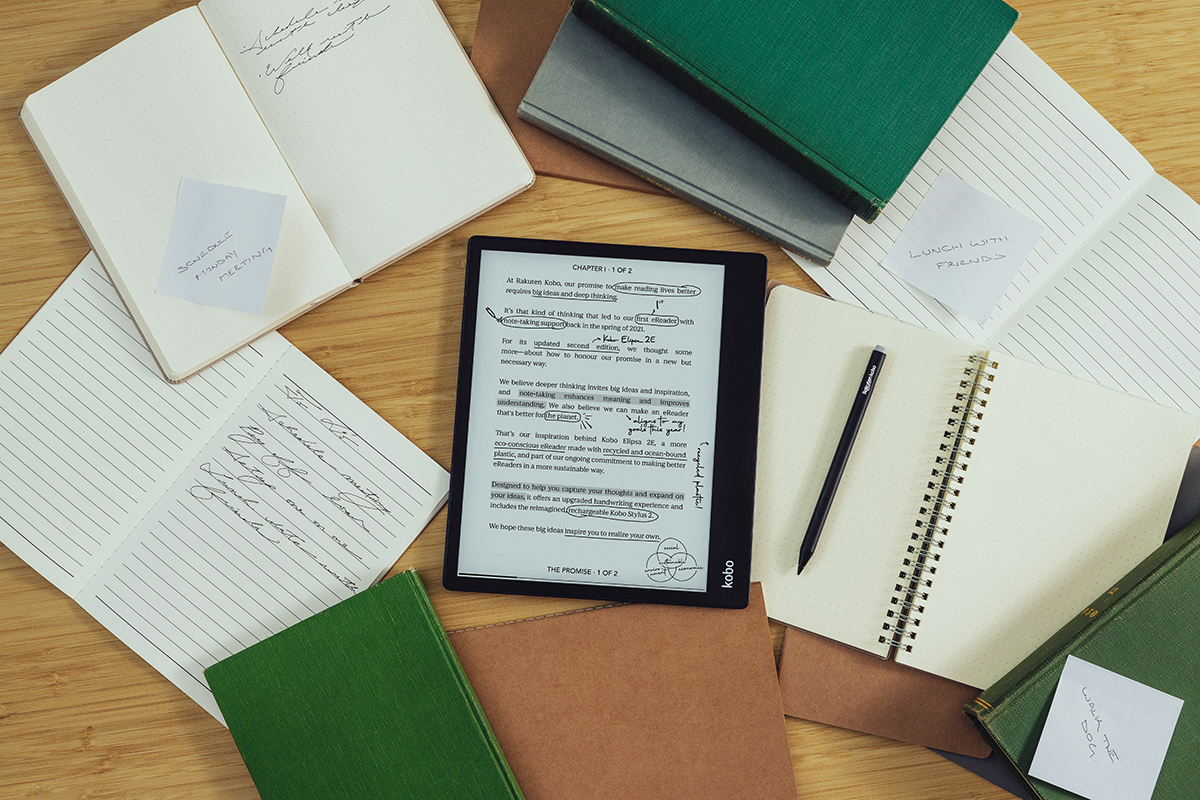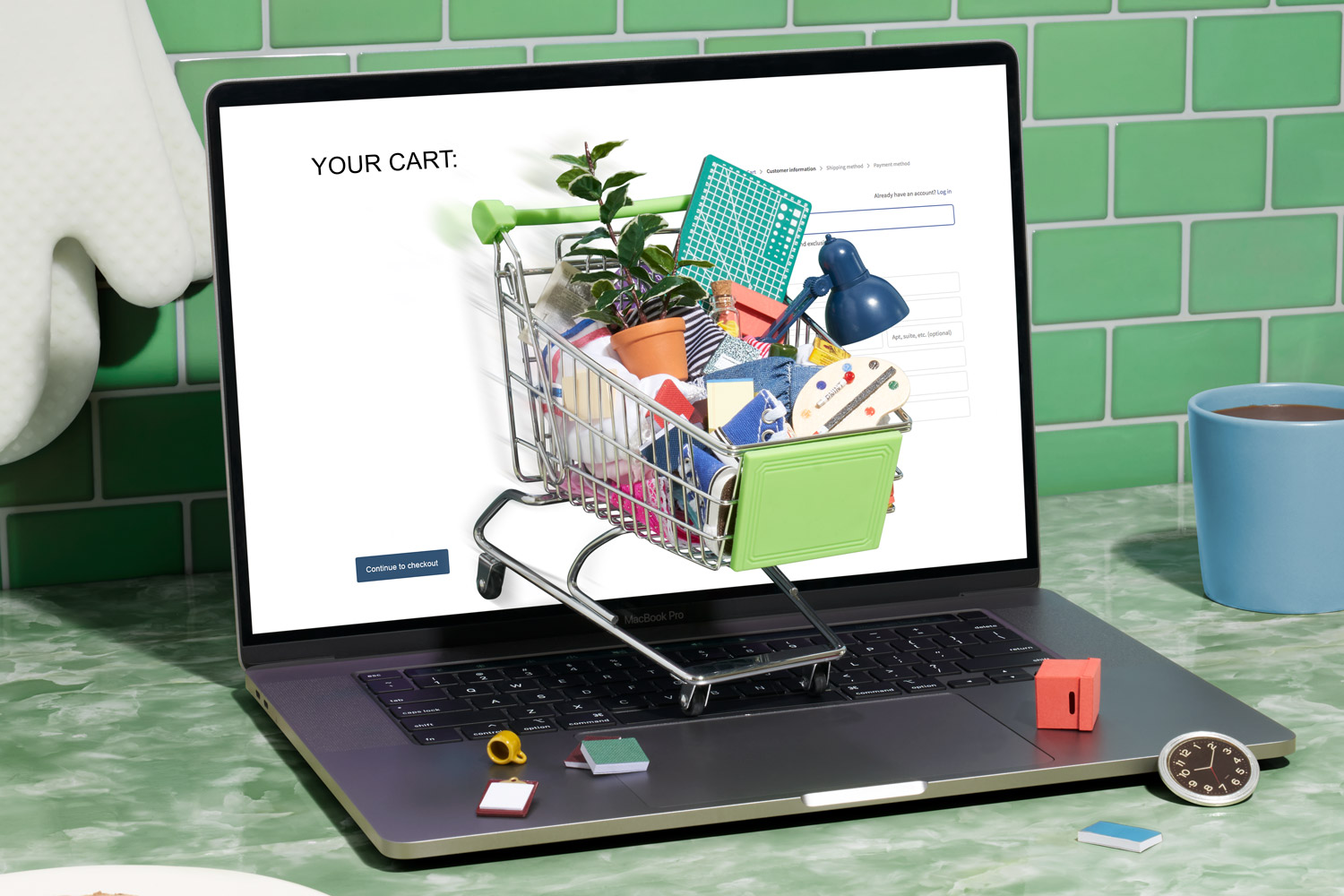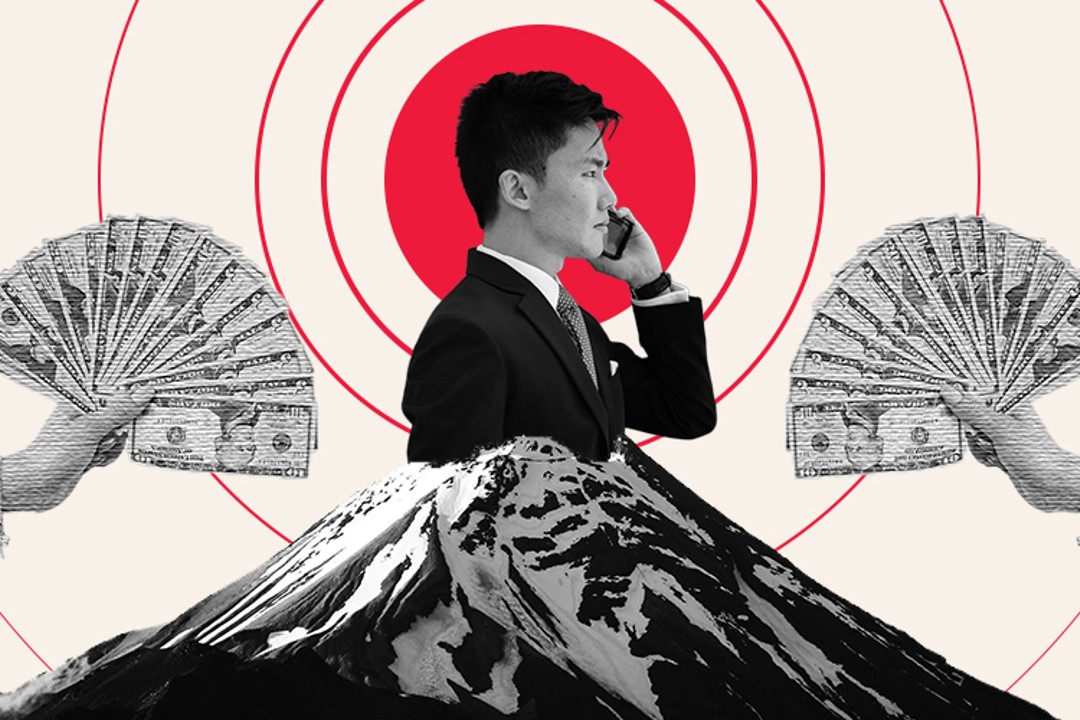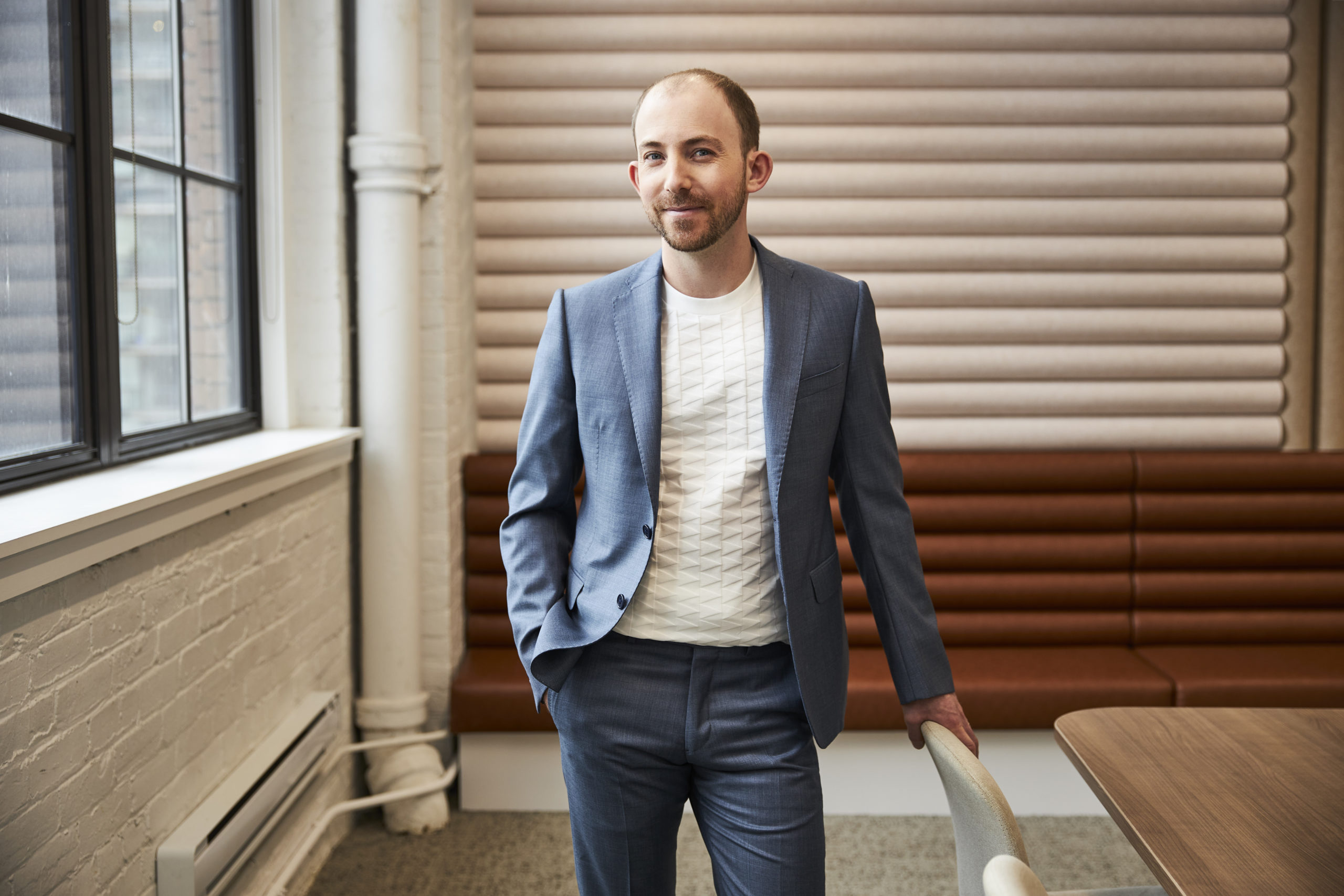Brian Chesky’s Big Move: How Airbnb’s CEO Went From Industrial Designer to Tech Giant

“This is when I hit my peak energy,” says Brian Chesky. He’s just sat down across from me in a midcentury-style armchair at the end of a 10-hour day that began with presentation rehearsals and ended with a dozen media interviews. I’m the last journalist he’s speaking to before he heads out for dinner in New York with 30 of his staff from Airbnb. It’s a big day for the tech company—at a converted townhouse-turned-event-space in Soho, Chesky announced three new product updates, including one he hopes will solve a problem he’s been fixated on for the past decade.
His excitement about it is palpable. He can barely sit still as he describes how the new “Guest Favorites” feature works. It’s a badge awarded to the very best rentals on the site, one that’s determined by a combination of user reviews and aggregated customer service data—computed with a little help from AI, of course. Chesky says the goal is to ensure guests have the same reliability and predictability as booking a hotel room—no unpleasant surprises when they check in only to realize the listing doesn’t match the photos. He calls this the “moment of truth,” and anyone who has used the site knows what he’s talking about.
When Chesky co-founded Airbnb in 2008, a blowup mattress in a shared apartment was not unexpected—in fact, it’s how the company got its name, which came from “airbed.” Now, users shelling out thousands for vacation homes on the site expect trendy decor, artisanal snacks and 400-count organic bedding. You can still find bare-bones lodgings in a spare bedroom on the app, but the new Guest Favorites feature, which replaces the former Airbnb Plus category, makes it easier to filter those out if your couch surfing days are behind you.
Chesky was living in San Francisco with co-founder Joe Gebbia when the two hatched the idea for Airbnb 16 years ago. Local hotels were oversold due to a design conference so they rented out space in their apartment to out-of-towners. At the time, Chesky was working in industrial design, having graduated from Rhode Island School of Design two years before.
Related: How Francis Davidson Launched a Hospitality Empire From His Basement Apartment
The entrepreneur grew up in Schenectady County, N.Y., the son of social-worker parents. He spent his adolescence playing hockey and in his 20s trained to become a professional bodybuilder before landing on industrial design as his chosen career path.
“I never would’ve thought that studying drawing would be applicable to running a tech company,” he says now. “As it turns out, so much of it is, because design school teaches you how to be resourceful. It teaches you how to take a really complex idea that maybe has dozens of contradictory notions and then simplify it, reduce it to its true essence and design a solution. So I actually am surprised more designers don’t start and run companies. We need more people in power from creative backgrounds to solve a lot of the problems in the world.”
That resourcefulness has come in handy more than a few times for Chesky as he and Gebbia scaled their start-up. In the early days, they found it difficult to win the attention of investors, who were skeptical that people would invite strangers into their homes. They put their design backgrounds to good use and during the Democratic National Convention created and sold cereal boxes featuring presidential candidates Barack Obama and John McCain. They marketed their “Obama Os” and “Capn’ McCain’s” cereals as breakfast options at Airbnbs and sold them for $40 each, making over US$30,000. That clever initiative turned heads at Y Combinator, who gave the start-up US$20,000 in exchange for six per cent of the company.
Securing early-seed investment is far from the only challenge Chesky and Gebbia faced. To this day, Airbnb’s position as one of the “middlemen” of the digital age has meant it has had criticism lobbed at it from all angles: hosts frustrated with complicated tax codes and users who complain about steep cleaning fees. It’s also angered non-users who resent parties thrown in their buildings, and governments have cut off its legs more than once by implementing restrictive by-laws.
“In some cases Airbnb may be a scapegoat for gentrification or other neighborhood problems,” the New York Times reported in 2020. One month later, the company went public at US$68 a share.
Related: How to Pitch Your Start-up to Investors
“There was this sense that we were in a tunnel,” Chesky says. “You know how the saying goes, you can see the light at the end of the tunnel? But what if you don’t see the light? How do you know if you’re a hundred feet away or a hundred miles away? And how do you know if, actually, it’s a tunnel that leads nowhere? You don’t actually know for sure. So you have to have this faith, this conviction that what you’re doing is going to work out.”
Today, Airbnb is worth US$76 billion and operates in 220 regions. “We’re in as many or maybe even more countries than Coca-Cola,” Chesky says. “And take a guess which is the single most popular country in the world per capita that uses Airbnb? Canada.”
Chesky attributes this uptake to the fact that Canadians, in addition to being relatively affluent, are big travellers and tend to be trusting people—a necessary quality when opting to stay in a stranger’s home. “The popularity has made me realize we can do a lot more in the Canadian market,” he says, remaining purposefully vague.
Nearing the end of our interview, the sky is turning dark outside the window behind Chesky, but he remains energized when I ask him what’s in his ten-year plan. “Having gone from industrial design to tech, do you ever see yourself pivoting again and doing something totally different?” I ask.
He barely takes a beat to consider the possibility. “My heroes are Steve Jobs and Walt Disney,” he says. “Both of them were dedicated to a single great ambition. Their lives were cut short, and maybe a longer life means that there’s more time to do other things. But I’m 42 now; I launched Airbnb with my friends when I was 26. And I feel like I’m just getting started.”
